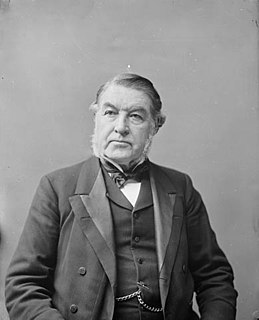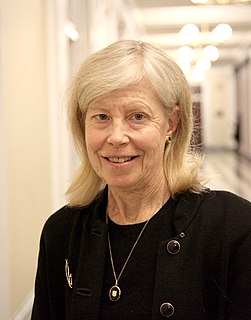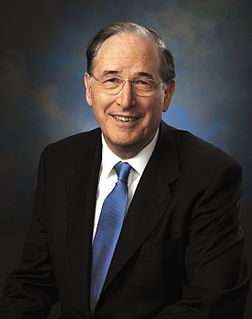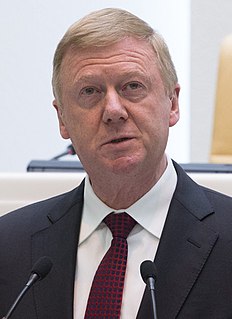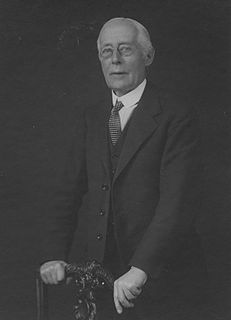A Quote by Charles Tupper
The position the Government finds itself in is not one of constructing a law, but of carrying out a decision given by the Judicial Committee of the Privy Council.
Related Quotes
The government will make use of these powers only insofar as they are essential for carrying out vitally necessary measures.... The separate existence of the federal states will not be done away.... The number of cases in which an internal necessity exists for having recourse to such law is in itself a limited one.
I do think the whole question of judicial accountability is a complicated one. On the one hand, you want to encourage judicial independence. And it's always, I think, problematic when an unpopular decision triggers a recall election. Because it sends a disempowering message to judges. On the other hand, it's the only way that voters have to rein in someone whose views are really so out of the mainstream of public opinion that they jeopardize the legitimacy of the judicial process.
Much of the Constitution is remarkably simple and straightforward - certainly as compared to the convoluted reasoning of judges and law professors discussing what is called 'Constitutional law,' much of which has no basis in that document....The real question [for judicial nominees] is whether that nominee will follow the law or succumb to the lure of 'a living constitution,' 'evolving standards' and other lofty words meaning judicial power to reshape the law to suit their own personal preferences.
The hardest problems of all in law enforcement are those involving a conflict of law and local customs. History has recorded many occasions when the moral sense of a nation produced judicial decisions, such as the 1954 decision in Brown v. Board of Education, which required difficult local adjustments.
The constitution is either a superior paramount law, unchangeable by ordinary means, or it is on a level with ordinary legislative acts, alterable when the legislature shall please to alter it. It is emphatically the province and duty of the judicial department to say what the law is. This is the very essence of judicial duty.
Your decision to place your law enforcement resources in these communities is racism, but nobody has called people out on this. The law itself is not racist. But people's decision about where we're going to place our efforts, who we're going to prosecute, who we're not going to prosecute, is racism. And nobody's calling them on it.
It was natural that the direct wielders of the royal prerogative, men who sat in the Star Chamber and the Privy Council, who knew the secrets of the State and the necessity for prompt action, should despise the merely declaratory character of a good deal of Common Law process. To them we doubtless owe those four great pillars of Chancery jurisdiction, the injunction, the decree, the sequestration, and the commission of rebellion.
